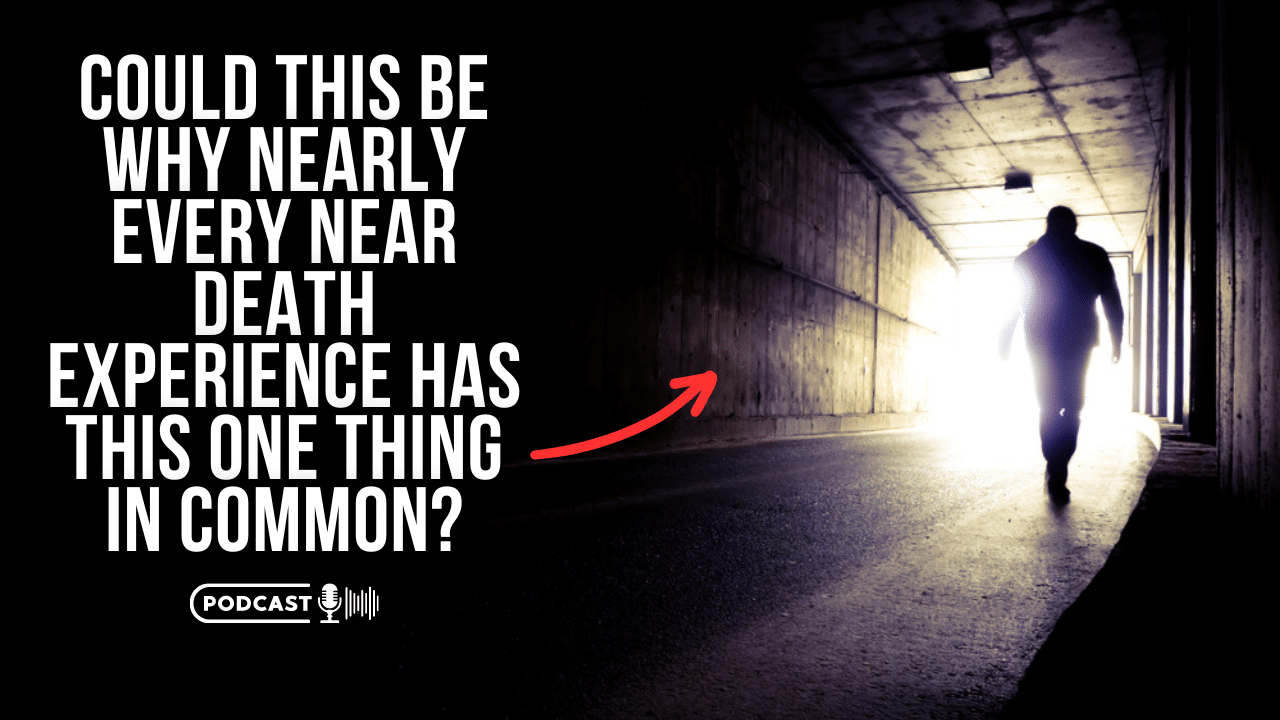Five hundred years ago, a young German monk began the Protestant Reformation, shattering the authority of the Catholic Church. Centuries later, there are signs that the churches have put aside their differences. I pray thee… go not to Wittenberg. (Hamlet Act I, Scene ii). In an early scene from Shakespeare’s play, Hamlet’s mother Gertrude begs him not travel to Wittenberg. She believes that her son’s studies in a provincial German town on the banks of the River Elbe may be a threat to their
security and the Catholicism of his upbringing. She had good reason to be worried. For that is precisely what happened when a monk called Martin Luther engaged in the concentrated study of scripture at the University of Wittenberg. It would lead him to some Biblical beliefs – particularly the doctrine of justification by faith alone – that would transform Luther’s understanding of church, God and eternal life. It would also result in him hammering 95 theses – arguments and objections – to the doors of the Schlosskirche, or University church. CONTINUE


















